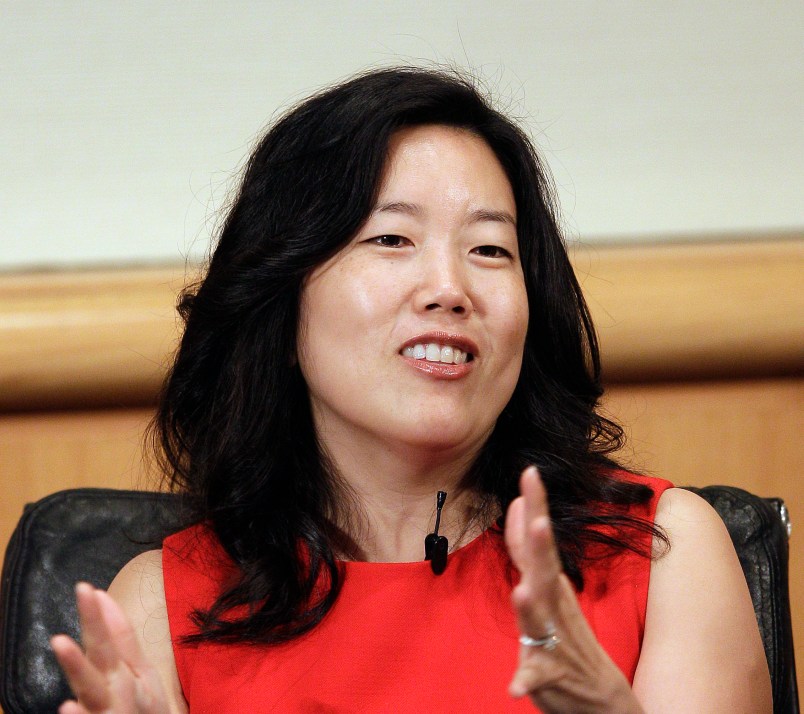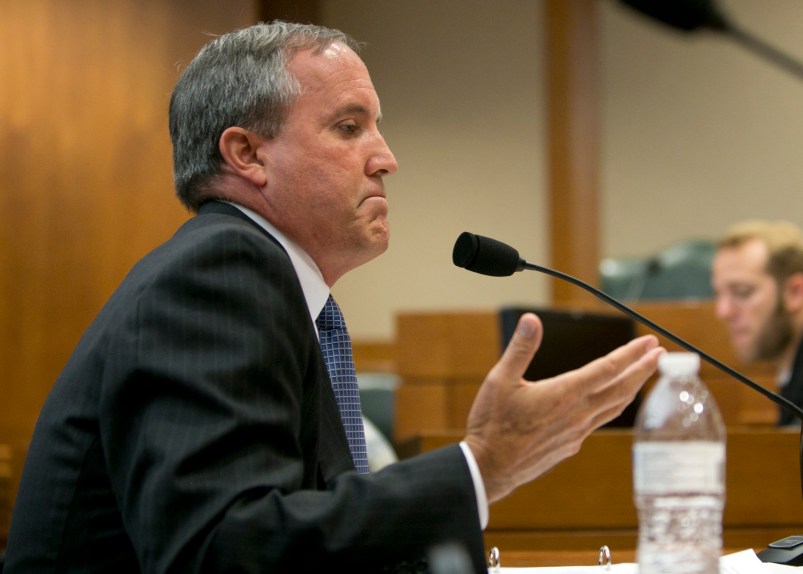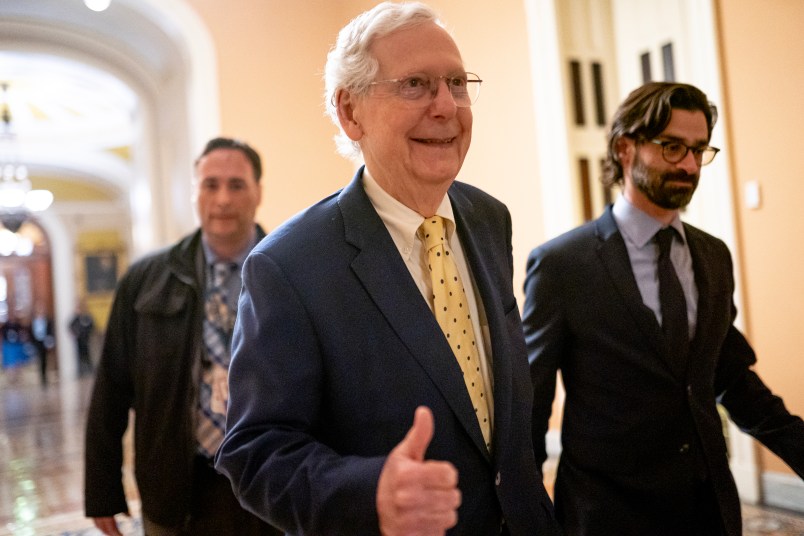This past Tuesday, Senior Researcher at New America’s “Early Education Initiative” Conor P. Williams, wrote an essay in this space to express his dismay that Campbell Brown’s opponents are using “ugly rhetoric” against Brown, as they had against Michelle Rhee before her. To Williams, this is part of “a troubling pattern for reform opponents … prone to shooting any reform messenger.” In this case, as part of a larger effort to challenge the Vergara v. California-style lawsuit she’s bringing to New York.
Yet, both the more strident vitriol aimed at Brown, as well as Williams’ critique of these attacks, miss the real issues that we should discuss when considering the dangerous movement Brown leads.
As someone who has been subjected to sexist and racist attacks from “both” sides of the education debate, I agree there’s no room for oppressive behavior in this conversation — regardless of the feeble denials and/or justifications the offenders and their protectors try to offer. But it’s also important not to overlook the many substantive reasons why people object to how figures like Rhee (now Johnson) and Brown choose to participate in this debate. The ignorance that animates any sexist or racist insults directed at both women doesn’t erase the rhetorical and material harm both have caused in the course of their advocacy.
Michelle Rhee Johnson was primarily disliked because of the actual things she did — some of which were overtly and personally cruel, such as the humiliating decision to fire someone on camera. We’re talking about a person who chose to launch her media career as D.C. schools chancellor with an direct attack on teachers, posing for the cover of Time Magazine with a broom — strongly insinuating that many of her employees were not people, but trash she intended to sweep away.
Similarly, Brown began her new incarnation as an education “reformer” two years ago by launching an emotionally-charged smear campaign against organized teachers. Since kicking off her latest effort, she has reportedly bullied and undermined the ability of a grassroots parents organization to carry out an independent legal effort on behalf of their own children — allegedly interfering with their ability to retain desired counsel in order to strengthen her own position at the forefront of the legal assault on teachers’ due process rights in New York state. (It’s worth noting that these attacks constitute a very serious, material abuse of her class and racial privilege that has real consequences for its targets. That should concern Williams and others at least as much as the sexist jibes aimed at Brown on Twitter and elsewhere.)
More importantly, both are part of a movement that purposefully misconstrues and undermines teachers’ rights, as a way to privatize the very function of public schools. The inherently undemocratic, classist ramifications of such efforts — for teachers, students, and communities at large — urgently need to be considered, and prioritized over the gossip that frequently masquerades as “debate” or “activism” in this realm.
If Williams is truly “a progressive who takes his cues from John Dewey,” then he should be equally or more concerned about the substance of the cause Brown champions. Many teachers who lead the kind of Dewey-esque democratic classrooms such a progressive should support, can attest to how risky it is to teach as an at-will employee in this rigid, test-driven education environment — myself included. This is especially true in a time when there are large institutional forces and wealthy individuals who seek to circumvent or even eliminate democratic processes for personal gain, from the various financial opportunities opened up by decisions to increase high-stakes testing, open more charter schools, and enact other related education policies.
I applaud anyone who takes a stand against oppressive speech in any sphere, especially important public debates like this. But let’s also remember to call out the oppressive actions of more powerful members of our society, including public figures like Campbell Brown. Their actions are the root cause of much of the anger that characterizes the education debate, as besieged defenders of public schools find ourselves on the wrong side of multi-million dollar attacks on our children, our rights, and one of our most important public institutions.
We deserve better.
Sabrina Joy Stevens is a former elementary school teacher. She is the Executive Director of the public school advocacy group Integrity in Education.









